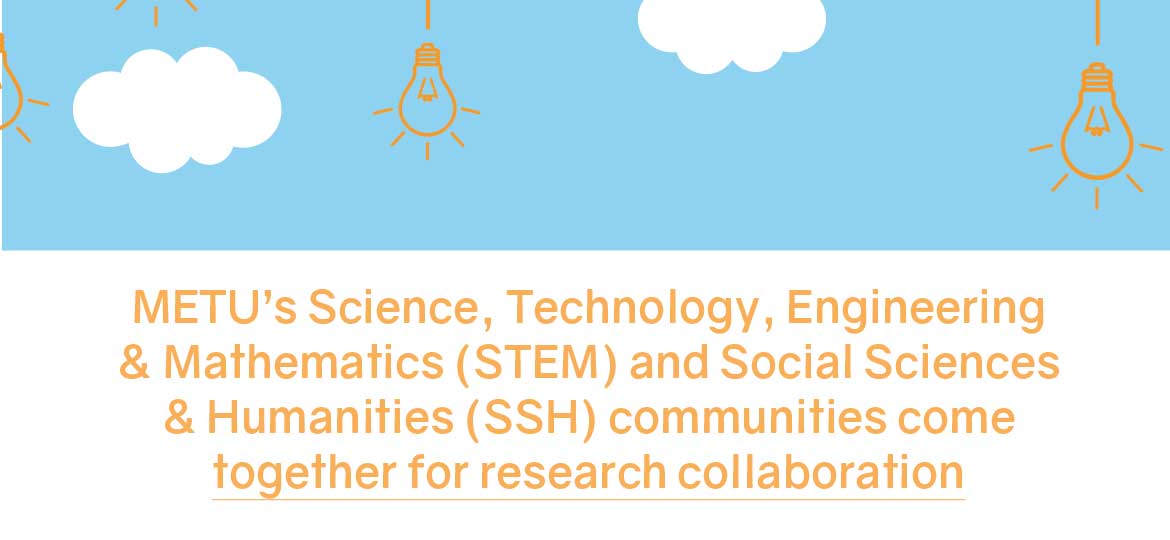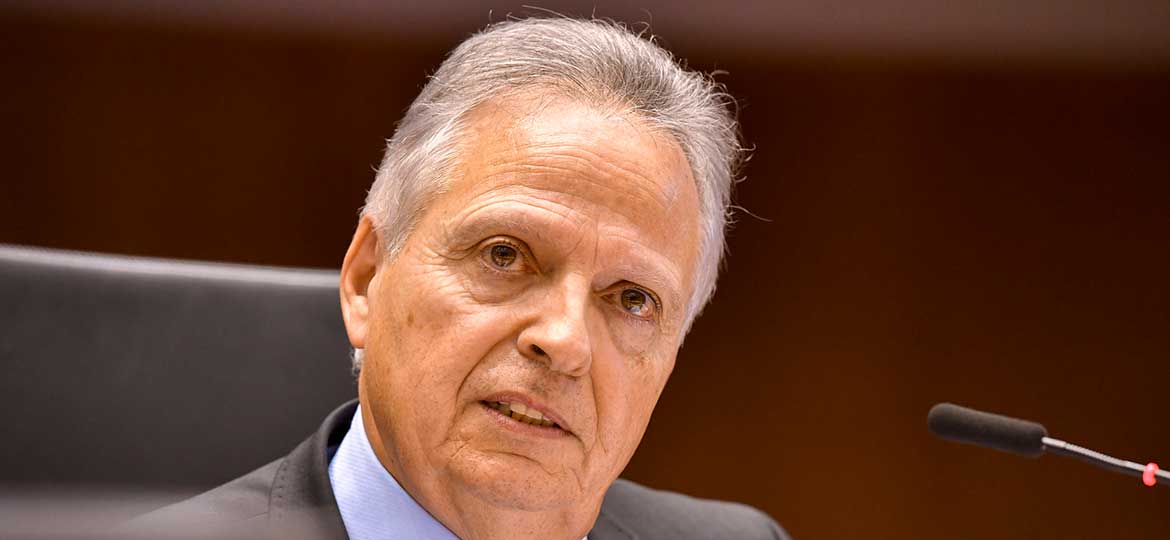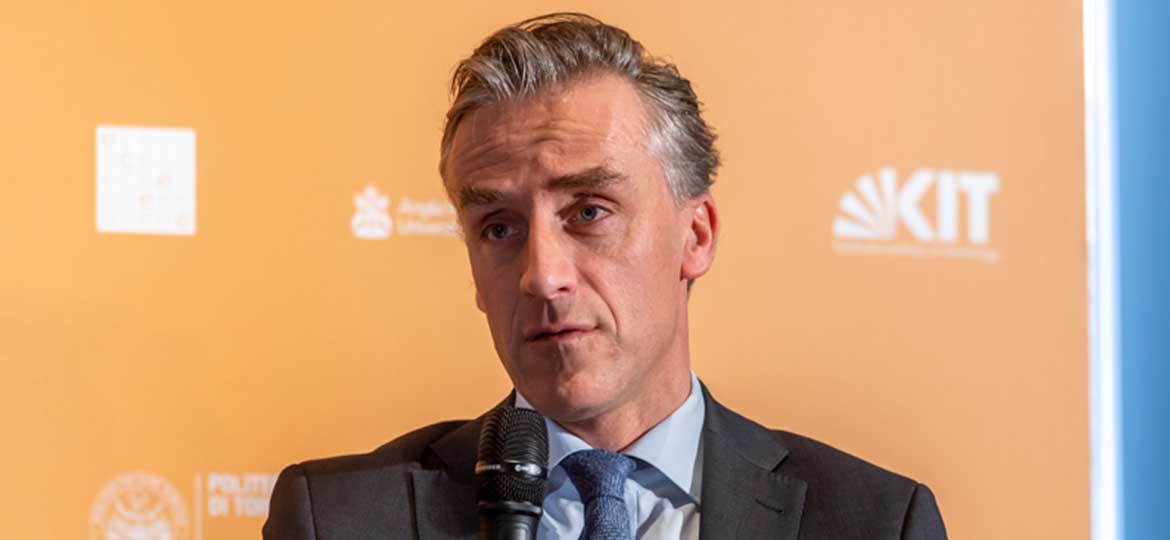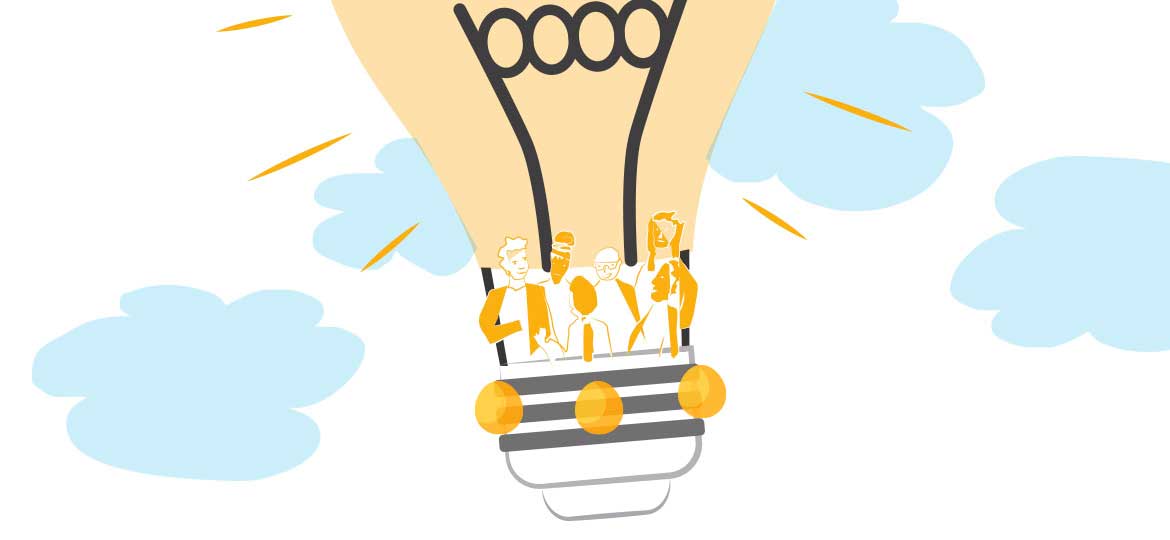By Miriam Aczel, SHAPE ENERGY intern at EURECA project
My internship experience was particularly valuable due to the support and encouragement of my supervisor, Dr. Bashroush. During my first week, he invited me to attend a meeting at the UK Department for Environment, Food & Rural Affairs (DEFRA). This was an important way to learn more about the EURECA project and its relevance, as the purpose of this meeting was to provide an update on different locations and their energy use, and potential energy benefits of updating software. The meeting also showed me how experienced professionals present new research clearly and concisely, emphasizing key policy implications, which gave me a better understanding of the ‘real life’ impact of the team’s research. In terms of my own professional development, I found the example of how to make a case for the impact and significance of new research—in other words, the argument showing ‘why DEFRA should care’—particularly valuable to me as an early-stage researcher. The presentation of findings and updates on the relevant buildings and their energy use was short and precise, and was presented in a clear and straightforward manner with graphs and data to back up the findings. I really appreciated that I was given the opportunity to attend, and will use the lessons I learned in my own future presentations.
Later that evening, Dr. Bashroush introduced me to his colleagues, who described their research and similar work. Dr. Bashroush invited me to join them for an event hosted by Future Facilities—a company started by Imperial graduates!—held at the Churchill War Rooms. It was quite thrilling to attend an event in a venue that had such profound historical importance, while hearing about the company’s cutting-edge technology: data visualisation that enables the heating and cooling levels and therefore energy use in data centres to be viewed in 3D. After a short reception, we headed in to the presentation, which was introduced by none other than Winston Churchill.
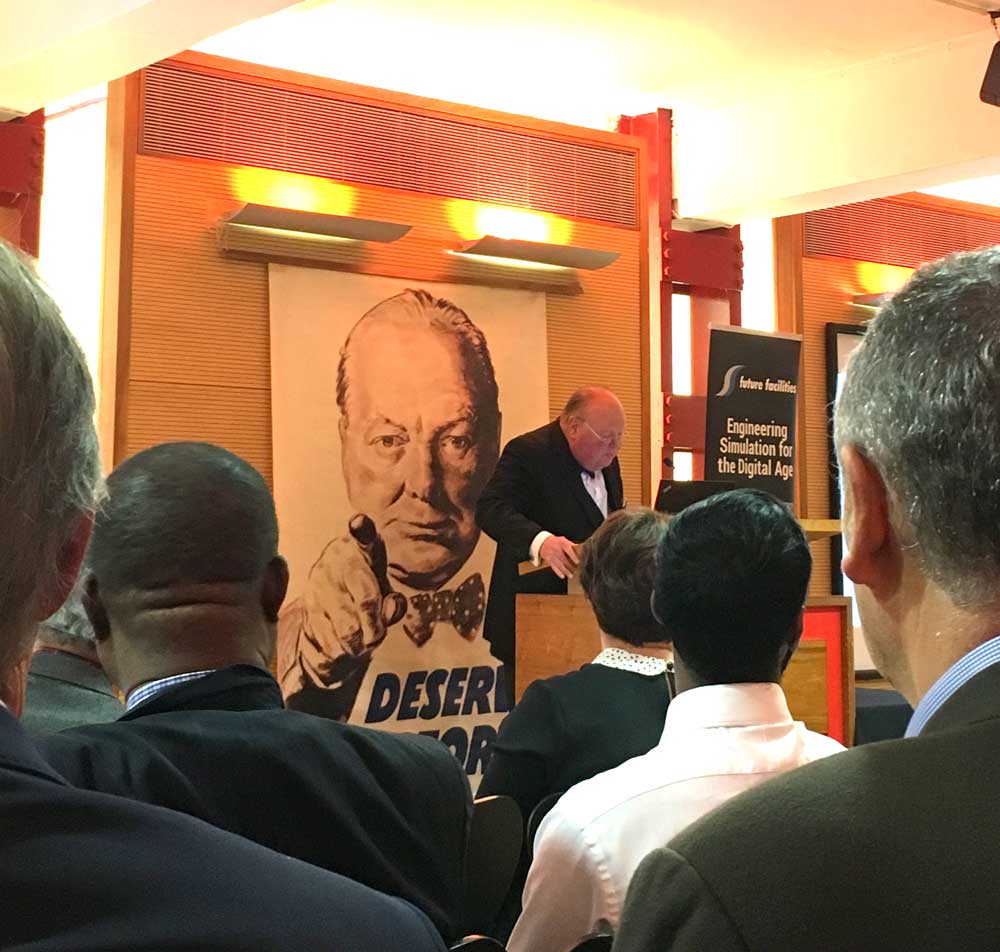
The presentation showed how Future Facilities’ new visualization technology can help identify potential problem areas, or inefficiencies, in data centres. It was followed by a brief Q&A session, which delved more deeply into the various ways visualisation is being used in all stages of the Data Centre life cycle, and a drinks reception with canapes and decadent deserts. Dr. Bashroush enthusiastically introduced me to his colleagues and friends, and I enjoyed hearing about their work. I even got to test out the Oculus Rift Headset, where I was taken on a three-dimensional tour of a data center, where I followed red arrows showing heat flow and blue arrows showing cooling, through data centre corridors, around buildings, and up dizzying heights to the top of sky scrapers before falling back to the ground—only virtually, of course! I had the chance to explore the Churchill War Rooms, chat with the founder of Future Facilities, and received a goody bag which included further information on Future Facilities and their projects, as well as a chocolate cigar.

Before starting the internship, I didn’t know what to expect as I had not thought about energy use in data centres. I initially found the idea of contributing to a research group working on a problem outside my own research area daunting. I think the key lesson I’ve learned from this internship experience is that the skills and knowledge I use in my PhD research on environmental and health impacts of fracking have applications beyond my own work. I am gaining confidence in my ability to tackle problems outside my own area of expertise by using the same analytic skills. I am improving in my ability to gain background in a new area quickly and efficiently, analyze data, assess risks and benefits, and communicate my findings. I’m stunned that I could learn so much in a short amount of time, explore both a new side to energy research as well as learn a new side of London. I am continuing to work on the EURECA project remotely, and plan to use the analytical and critical thinking skills I have learned and manner of assessing energy efficiency and environmental impacts in my own research. Thank you very much to SHAPE ENERGY for enabling and supporting this great experience!

